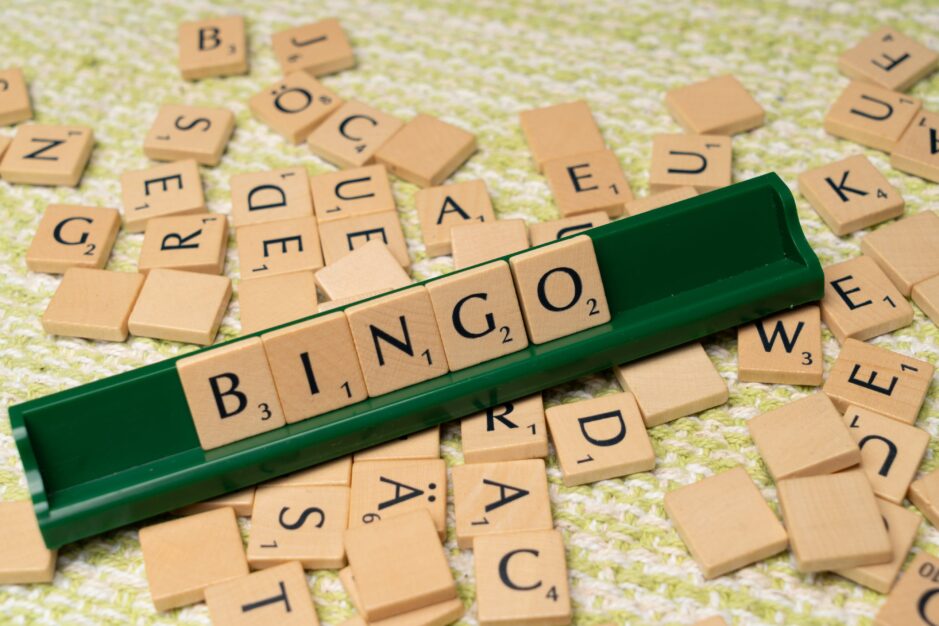Handling Kids Misbehavior
Dealing with kids misbehavior is an inevitable part of parenting or caregiving. It’s essential to approach this aspect with patience, empathy, and effective strategies to foster a positive and nurturing environment for the child’s development. This comprehensive guide will outline various techniques and principles to help handle kids’ misbehavior constructively.
Understanding the Root Causes:
- Age-Appropriate Expectations: Recognize age-appropriate behavior expectations. Understand that younger children may not have the same self-control as older ones.
- Communication: Encourage open communication. Children might act out due to frustration, confusion, or the inability to express their emotions verbally.
Establishing Clear Expectations:
- Consistent Rules: Set clear and consistent rules. Ensure that these rules are age-appropriate and reasonable for the child to comprehend.
- Positive Reinforcement: Reinforce positive behavior. Acknowledge and praise the child when they exhibit good behavior, reinforcing the idea that positive actions lead to positive outcomes.
Effective Discipline Strategies:
- Time-Outs: Use time-outs judiciously. Designate a specific area where the child can reflect on their behavior. Ensure it is a calm space without distractions.
- Logical Consequences: Implement logical consequences. Connect the consequence directly to the misbehavior, allowing the child to learn from their actions.
- Loss of Privileges: Temporarily restrict privileges. This approach helps children understand the correlation between their behavior and its impact on their privileges.
- Redirection: Employ redirection techniques. Guide the child towards a more appropriate activity to redirect their energy and attention.
Promoting Positive Behavior:
- Model Behavior: Be a positive role model. Children learn by observing, so exhibit the behavior you wish to see in them.
- Effective Communication: Encourage open dialogue. Foster an environment where children feel comfortable expressing their feelings and concerns.
- Teaching Empathy: Teach empathy. Help children understand the impact of their actions on others, promoting a sense of compassion and consideration.
- Consistency is Key: Stay consistent with discipline. Consistency helps children understand that rules and consequences remain the same, promoting a sense of stability.
Seeking Professional Guidance:
- Consulting Professionals: If behavioral issues persist, consider seeking professional guidance. Child psychologists, counselors, or pediatricians can provide valuable insights and strategies.
Conclusion:
Handling kids’ misbehavior is a dynamic process that requires a combination of understanding, communication, and effective discipline strategies. By setting clear expectations, employing constructive discipline methods, and promoting positive behavior, caregivers can contribute to a child’s healthy emotional and behavioral development. Remember, patience and consistency are crucial elements in navigating the challenging but rewarding journey of raising well-adjusted and respectful children.
Also read Dealing with Temper Tantrums in Children








